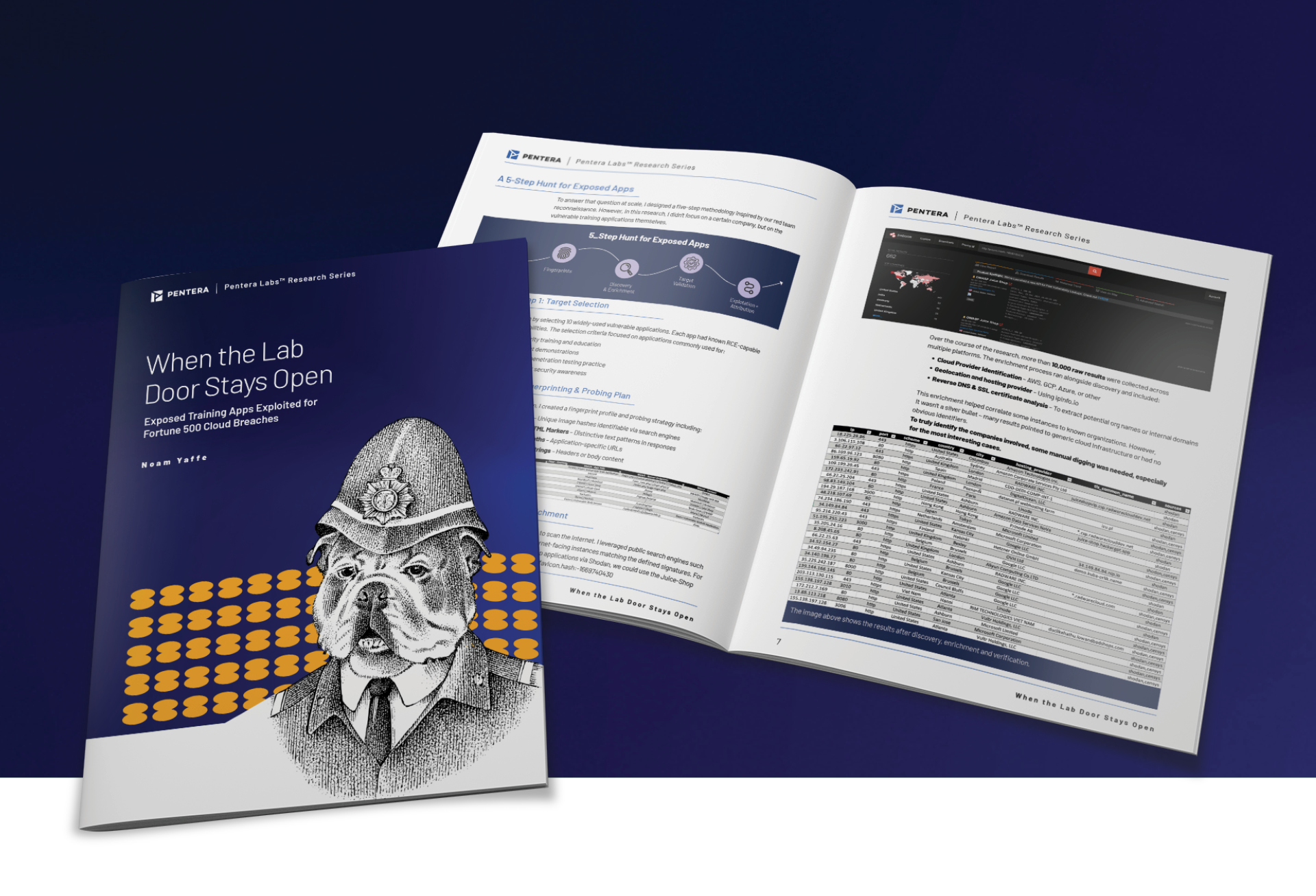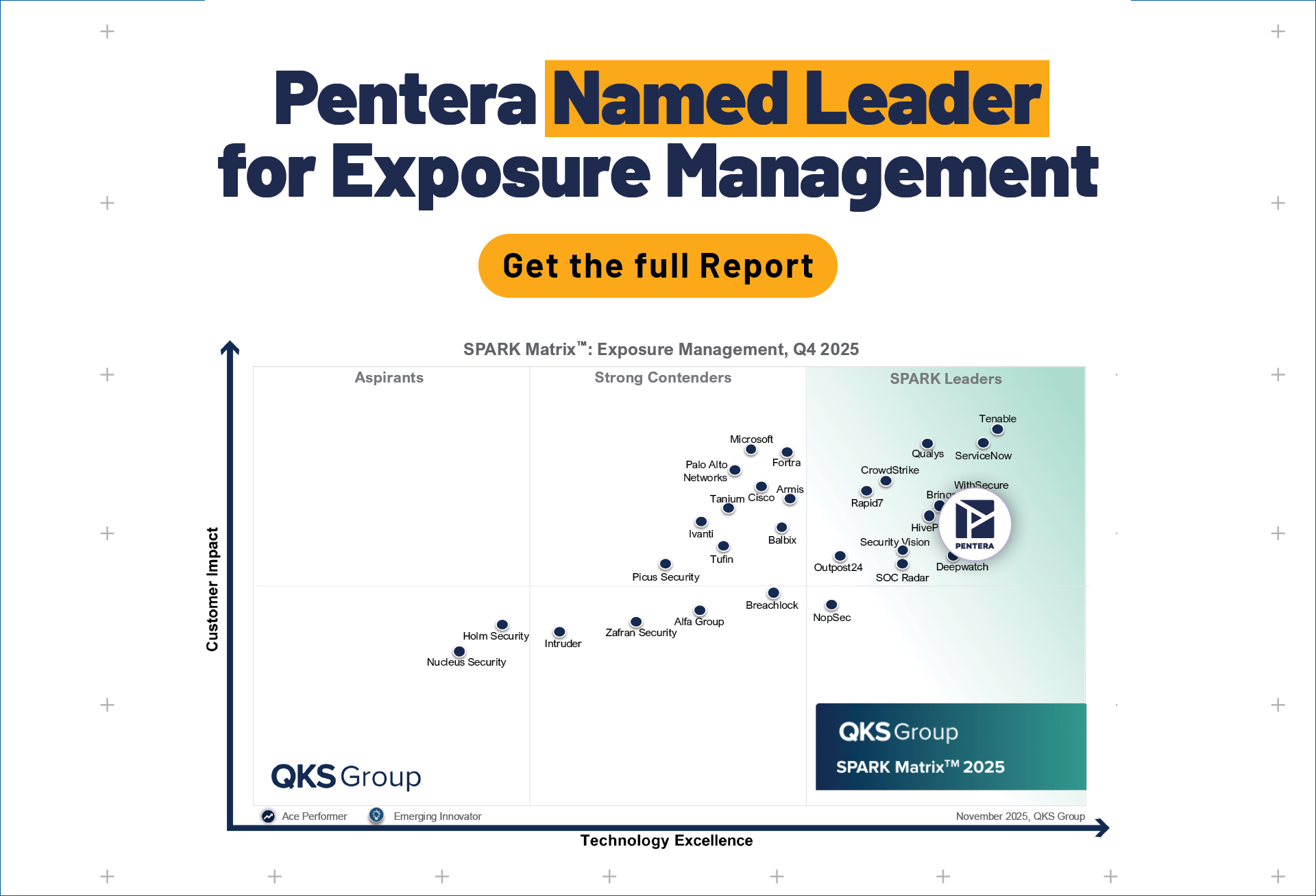What is Hybrid Cloud Security?
Hybrid cloud security is a term that encompasses all of the technologies, policies, and practices that organizations use to safeguard the security of infrastructure, applications, and data in hybrid environments. Specifically, it focuses on the security of digital assets within IT environments that combine on-site solutions with cloud computing services, either private or public.
Hybrid Cloud Security ensures comprehensive protection across private and public cloud infrastructures, combining different strategies to cover all bases of Cloud Security.
What are the benefits of a hybrid cloud security solutions?
In the modern day, hybrid cloud solutions offers a variety of benefits for organizations. Key benefits of a hybrid cloud solution include the following:
- Flexibility and scalability: Organizations that adopt hybrid cloud security solutions are capable of adjusting their cloud computing services and scaling up and down as needed.
- Control: Hybrid cloud models enable organizations to gain the benefits of cloud computing while maintaining control over critical data assets within their proprietary on-site infrastructure.
- Cost optimization: With a hybrid cloud model, departments such as DevOps can allocate spending more efficiently by using public clouds where necessary and private clouds where possible to minimize costs.
- Regulation compliance: Hybrid cloud solutions give organizations the ability to distribute workloads strategically, allowing them to ensure that sensitive data is stored in environments that meet regulatory standards.
What are the challenges associated with hybrid cloud security solutions?
While hybrid cloud solutions offer considerable benefits to organizations that adopt them, they can also introduce some key challenges. These include the following:
- Implementation: Employing a hybrid cloud solution means integrating a wide range of services, applications, and infrastructures, which can result in time-consuming data migration and potential compatibility issues.
- Visibility: With digital resources distributed across different on-site and cloud environments, each with different architectures and access controls, maintaining complete visibility can become more difficult.
- Data security: Due to the public-facing nature of cloud computing services, hybrid cloud environments can increase the risk of a potential breach, requiring organizations to allocate additional resources to safeguard against breaches.
- Incident response: Coordinating consistent incident response measures becomes more difficult when there are a variety of different environments in place.
What are the key security concerns for adopting a hybrid cloud model?
Adopting a hybrid cloud model introduces some security concerns for organizations, chiefly the following:
- Data Governance: Organizations must ensure that clear data governance policies are set out and enforced consistently across on-site and cloud environments to maintain optimal data integrity.
- Identity and Access Management: When embracing a hybrid cloud model, organizations must establish a centralized system for identity management and access control to avoid oversights that might result in unauthorized access or breaches.
- Data Encryption: Organizations must implement powerful encryption technologies across all environments and establish strict policies for storing and distributing encryption keys to ensure that important data remains protected, both in transit and at rest.
- Compliance: Adopting a hybrid cloud model means setting out new policies for data residency and establishing comprehensive security controls to avoid penalties. This also means conducting regulatory analyses and compliance audits to ensure that industry standards are met.
Empowering agility through hybrid cloud security
Hybrid cloud models can be of immense benefit to organizations, empowering them to establish an elastic infrastructure that promotes greater change agility. By the same token, however, hybrid cloud models can expose organizations to new types of security risks, so engaging in effective hybrid cloud security is essential to minimize attackable cloud exposure. By establishing clear policies for data governance and compliance, ensuring the consistent application of security and access controls, and engaging in continuous monitoring, organizations can address the inherent challenges of hybrid architecture and harness the power of cloud computing technologies to their advantage.
Frequently asked questions
How do hybrid cloud security solutions differ from traditional cloud security solution?
Hybrid cloud security differs from traditional cloud security in that it takes into account the nuances of managing security across diverse on-site and cloud environments. Hybrid cloud security places a greater emphasis on integration, as services, controls, and policies must be employed consistently across on-site, public cloud, and private cloud environments to ensure that critical data is protected and compliance regulations are met.
How does hybrid cloud security comply with regulations?
Hybrid cloud security ensures compliance through the implementation of a variety of different security measures, including but not limited to access controls, data encryption, data governance policies, and regular compliance audits.
How do organizations handle security risks in hybrid cloud deployments?
In hybrid cloud deployments, organizations typically handle security risks by utilizing a multi-layered security approach to ensure maximum coverage. This means implementing strong authentication and access controls, engaging in continuous monitoring, establishing clear incident response plans, and conducting routine risk assessments to mitigate risks across different computing environments.
Protect your hybrid cloud.
Seamlessly secure both on-premises and cloud environments.


